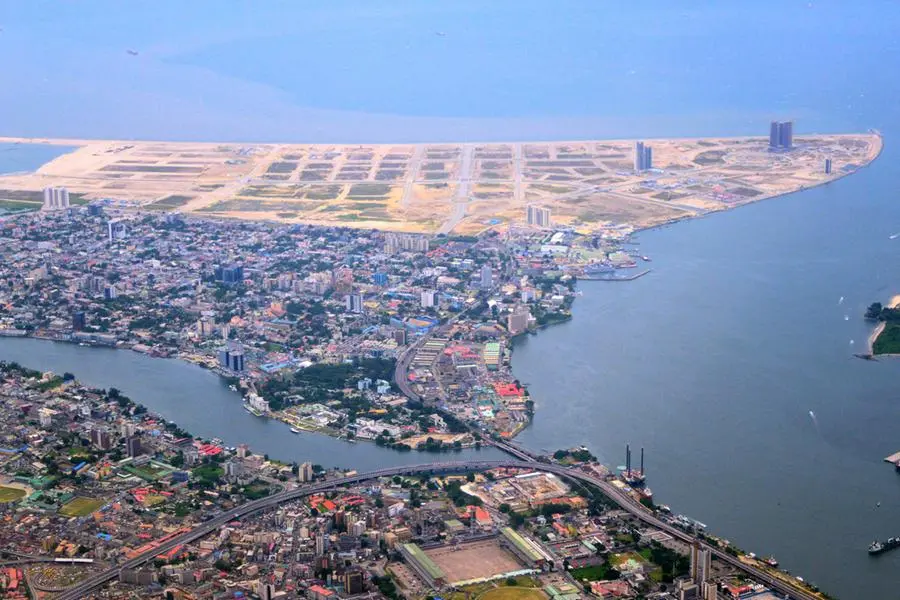PHOTO
Water justice groups in Nigeria have released a report that outlines the causes for the poor access to potable water in the country and detailed solutions to the problem.
The report titled, ‘Dry Taps: A Damning Verdict on the State of Water Utilities in Nigeria,’ presents the outcomes of fact-finding exercises which included visits to water utilities in six states of the federation – Enugu, Edo, Lagos, Oyo, Kogi and Kano.
The fact finding visits were conducted by the Renevlyn Development Initiative (RDI), New Life Community Care Initiative (NELCCI), Citizens Free Service Forum (CFSF), the Ecumenical Water Network Africa (EWN-A), Environmental Defenders Network (EDEN), Socio-Economic Research and Development Centre (SERDEC) in collaboration with the Amalgamated Union of Public Corporations Civil Service Technical and Recreational Service Employees (AUPCTRE).
The report uncovered aging and crumbling infrastructure due to lack of maintenance, poor funding for purchase of treatment chemicals, erratic power supply resulting in use of alternative power sources at huge cost, shortage of manpower and irregular payment of salaries of workers, among other challenges besetting the water utilities.
In the public presentation of the report in Abuja, AUPCTRE General Secretary, Comrade Sikiru Waheed, explained that though the scope of the research was limited only to six out of Nigeria’s 36 states, it deliberately captures the situation in at least one state per geographical zone, making it a sneak peek into the overall picture of the access to water situation in the entire federation.
Related Climate crisis not excuse to privatise public water, says water justice coalition Cappa commends Lagos on Adiyan II, urges increased funding of public water How intentional aquifer recharge, storage can prevent water shortage in Nigeria — Adele-Bolaji, environmental expert
Due to manpower and resource challenges the research focused on the water situation in the cities.
Executive Director of RDI, Philip Jakpor said: “The investigations we conducted exposed what is already in plain sight. Now we can lay the blame for the perilous state of water in Nigeria exactly where it should be – Government at state and federal level that continue to vote monies for the water sector yet there is nothing to show that the funds are used for what they are meant for. It is a wicked strategy across board to ultimately collapse the water utilities and pave the way for their privatization.”
While presenting findings from their respective states, Coordinator of EWNA, Reverend Kolade Fadahunsi, Executive Director of SERDEC, Tijani Abdulkareem and Executive Director of NELCCI, Florence Ifeanyi-Aneke said that the disturbing situation in the water utilities was demoralising staff, many of whom are near retirement and there are no plans on ground to replace them.
At the Eleyele Scheme in Ibadan, a disturbing sight in the premises is the number of electricity generators used to pump water due to the erratic power supply. In Edo State, the Ikpoba river dam that is supposed to feed the headworks in Ugbowo and Iyaro has been left fallow. Some privately owned fish ponds were also sited within the vicinity. The dam, which used to produce over 90MGD, was confirmed to be no longer operational as the pumping facility had been abandoned.
In Kano, the three waterworks combined only meet the needs of less than 10 percent of the population in the city. The case was similar to Enugu where the previous administration was said to have voted billions of naira for expanding the network of mains but nothing on ground to show what the funds went into. Currently, the Enugu Water Corporation has only 11, 234 customers.
Kogi State is also in the red as the Greater Lokoja Waterworks and all other zonal sub-station offices were not producing water and have been on lock down since the 2022 floods damaged them.
In Lagos, about N760 million was committed to rehabilitation of the 48 mini and micro waterworks in 2017 following findings that there was already a deficit of 500 million gallons per day in water supply in the state. Subsequently, there have been votes for the sector but disturbingly, nothing on ground suggested that the monies were put to good use as most of the waterworks are comatose, impaired or at best operating far below their installed capacities. The Adiyan and Iju Waterworks visited in the course of this investigation work sub-optimally.
The groups also made recommendations to the government on how to address the water crisis. They include the need for the declaration of a state of emergency in the water sector and the integration of broad public participation in formulating plans to achieve universal access.
They also want the federal and state governments to reject all forms of water privatization and commodification and the need for them to fully uphold the human right to water as an obligation of the government, representing the people.
They demanded a probe of billions of naira in loans for the countless water schemes littered across the federation and the strengthening of public accountability in the management of water resources, among others.
Copyright © 2022 Nigerian Tribune Provided by SyndiGate Media Inc. (Syndigate.info).




















